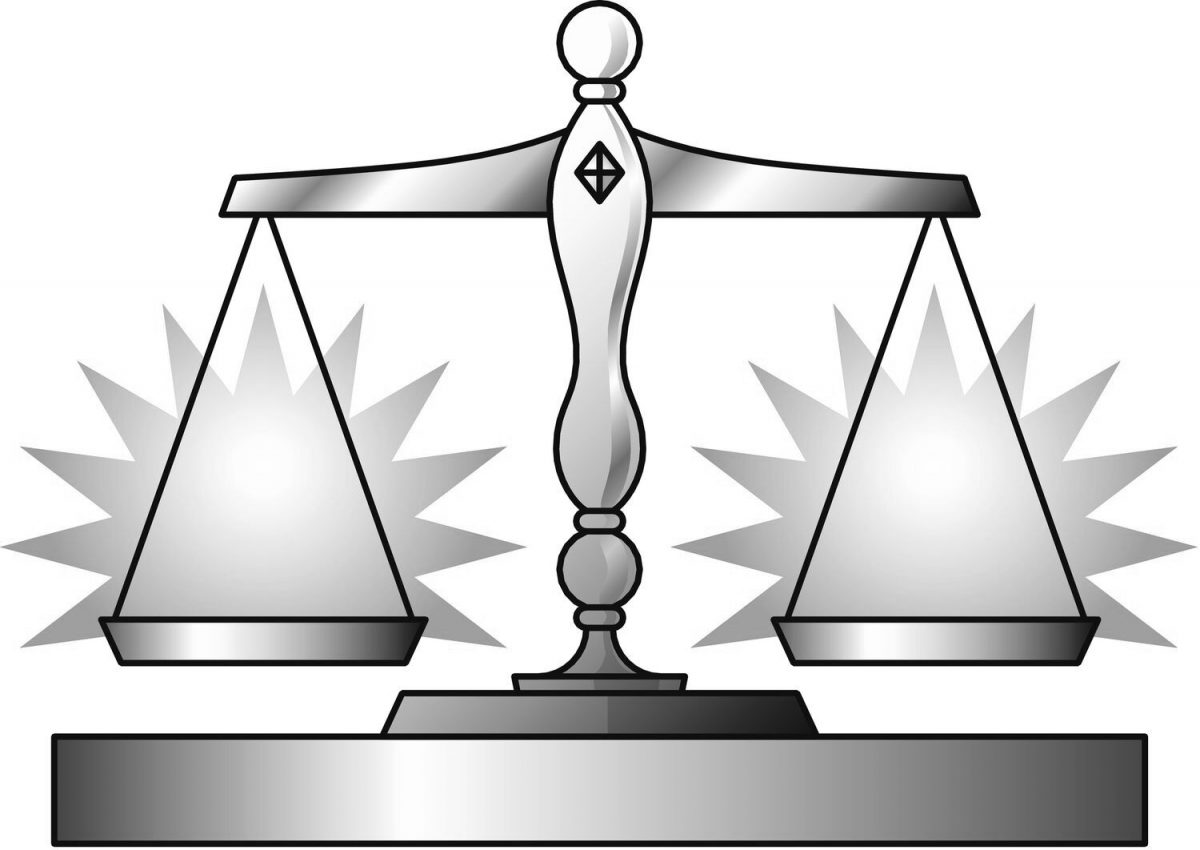Introduction
In the pursuit of making fair and just decisions, we often rely on mental models that guide our thought processes. One such mental model is the Due Process model, which emphasizes the importance of fair procedures and adherence to established rules. Anchored in human psychology, the Due Process model plays a significant role in our day-to-day decision-making. Understanding this model is crucial for ensuring fairness and avoiding irrational choices driven by biases and personal preferences. In this blog post, we will explore the concept of Due Process, its relevance in decision-making, its prevalence in various contexts, the biases that contribute to it, strategies to overcome its pitfalls, and the value of active avoidance of this mental trap.
Defining Due Process and Its Relevance
The Due Process mental model refers to the adherence to fair procedures and established rules in decision-making. It places emphasis on providing equal opportunities, fair treatment, and protection of individual rights. By following due process, we aim to ensure that decisions are made objectively, free from bias, and based on established principles.
The Due Process model is relevant in decision-making processes as it promotes fairness, transparency, and consistency. It serves as a safeguard against arbitrary decision-making and helps prevent discrimination, favoritism, and unfair treatment. By upholding due process, individuals and organizations can make informed choices that consider the rights and interests of all parties involved.
Occurrences of Due Process Bias in Various Contexts
Personal Life Decisions: In personal life decisions, individuals may fall prey to the Due Process bias when they stick rigidly to established routines or traditions without questioning their relevance or effectiveness. For example, someone may continue pursuing a specific career path simply because it is expected or familiar, even if it no longer aligns with their passions or goals. By prioritizing adherence to established norms over personal fulfillment, they make decisions that are contrary to their best interests.
Business Scenarios: In the business world, the Due Process bias can manifest when organizations overly focus on formal processes and procedures without considering the evolving market dynamics or customer needs. This rigidity can hinder innovation and prevent companies from adapting to changing trends. By insisting on following established protocols without room for flexibility or creativity, businesses may miss out on opportunities for growth and competitive advantage.
Public Policy-Making: Due Process bias can influence public policy-making when decision-makers become overly fixated on following established procedures and fail to consider the evolving needs of society. This can result in policies that are outdated, ineffective, or unfair. By prioritizing procedural compliance over addressing the real concerns and aspirations of the public, policymakers may make decisions that do not serve the best interests of the community.
Mental Biases and Psychological Underpinnings
The Due Process bias is influenced by various cognitive biases and psychological factors:
Status Quo Bias: The inclination to favor the current state of affairs and resist change. Due Process can become a shield for maintaining the status quo, inhibiting necessary changes and improvements.
Anchoring Bias: The tendency to rely heavily on the initial piece of information encountered when making decisions. A focus on established rules and procedures can anchor decision-makers, limiting their ability to consider alternative approaches.
Confirmation Bias: The tendency to seek and favor information that confirms pre-existing beliefs or assumptions. Due Process can be used to justify decisions that align with preconceived notions rather than objectively evaluating the merits of different options.
Strategies to Identify and Overcome Due Process Bias
To avoid succumbing to the Due Process bias and promote objective decision-making, consider the following strategies:
Define Clear Objectives: Clearly articulate the goals and desired outcomes of the decision-making process. This helps shift the focus from procedural adherence to achieving the intended results.
Encourage Open Dialogue: Foster an environment that encourages open discussion and diverse perspectives. Actively seek out viewpoints that challenge established norms and encourage critical thinking.
Incorporate Flexibility: Recognize that rigid adherence to established rules may not always serve the best interests of all parties involved. Allow for flexibility and adaptability when necessary, while still maintaining fundamental principles of fairness and justice.
Conduct Impact Assessments: Evaluate the potential consequences and impacts of decisions beyond just the procedural aspects. Consider the effects on individuals, communities, and broader societal implications.
Conclusion
The Due Process mental model, rooted in our desire for fairness and objective decision-making, has a significant impact on various aspects of our lives. While upholding due process is important, blind adherence to established rules and procedures can hinder progress, innovation, and personal fulfillment. By recognizing the biases and psychological underpinnings associated with the Due Process bias, we can strive for more balanced decision-making that considers the evolving needs and aspirations of individuals and communities. Embracing flexibility, open dialogue, and clear objectives allows us to navigate the complexities of decision-making while promoting fairness, justice, and overall well-being. By actively avoiding the pitfalls of the Due Process mental trap, we can make more informed choices and create a more inclusive and equitable society.
